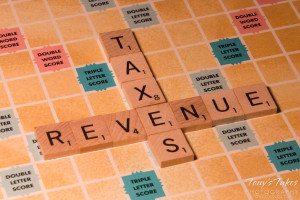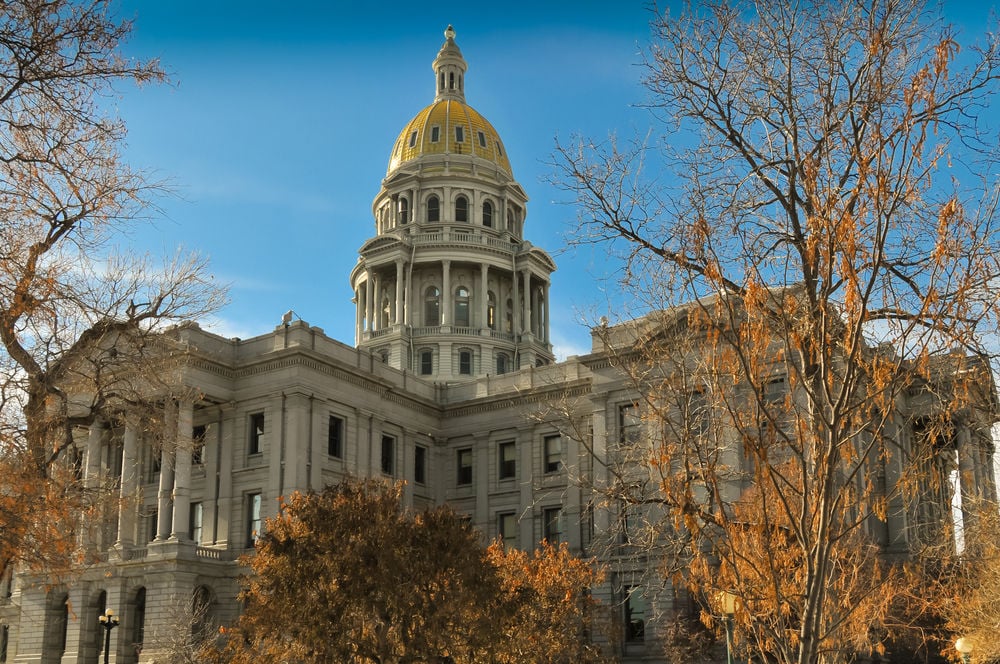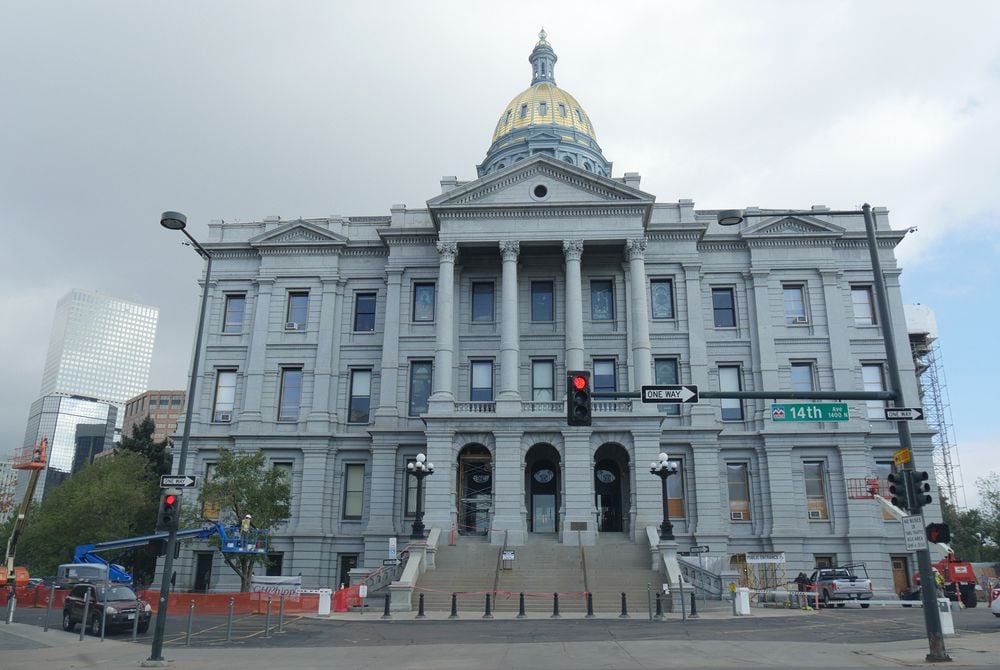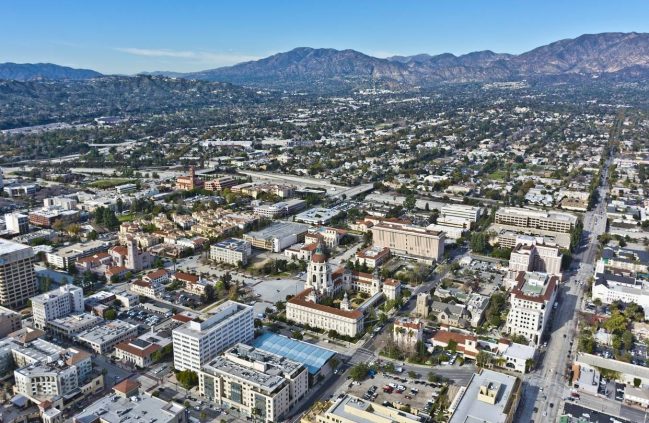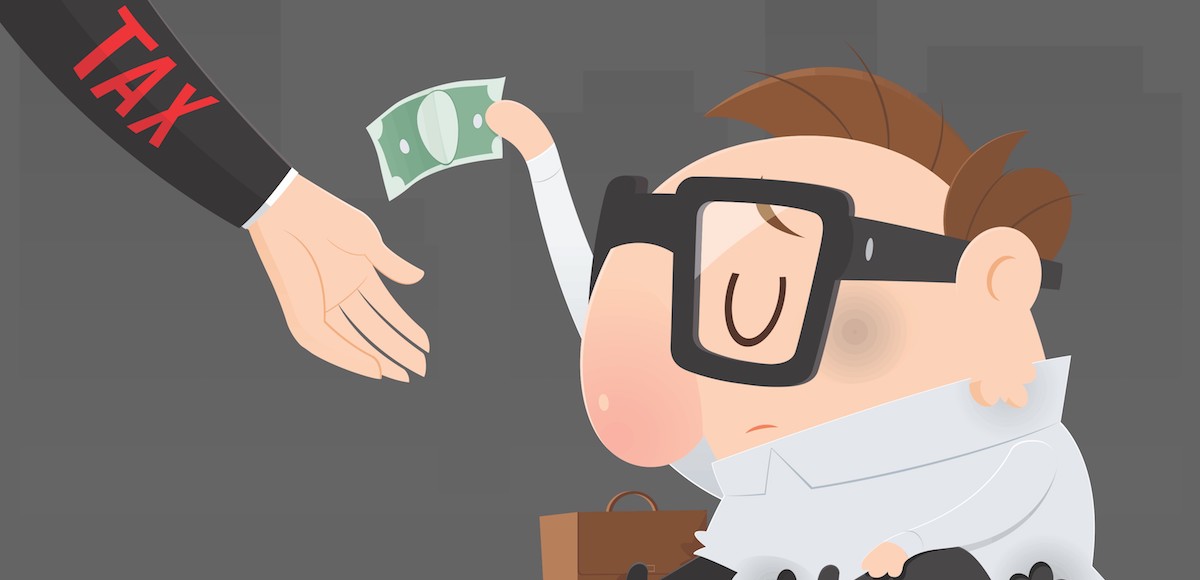Poudre Valley Fire Protection District, Community Meetings Aug. 30/Sept. 4


Madeline Noblett, Public Affairs and Communication Manager
Residents and owners of property within the Poudre Valley Fire Protection District are invited to two upcoming public meetings at which officials will provide information about a possible ballot question voters may be asked to consider for November’s mid-term election.
The meetings are 6:30 to 7:30 p.m. and open to the public. The first meeting is Aug. 30 in Laporte at Station 7, 2817 N. Overland Trail. The second meeting is Sept. 4 in Timnath at Station 8, 4800 Signal Tree Drive, in the station’s community room. There is no need to RSVP.
The Poudre Valley Fire Protection District Board is considering a ballot question that would ask district residents and property owners to annually adjust the District-assessed mill levy – a term referring to the property tax rate – so the district may maintain its current level of funding. City of Fort Collins residents would not vote on the possible question.
The Poudre Valley Fire Protection District, or PVFPD, encompasses the Town of Timnath, the communities of Laporte and Bellvue, Horsetooth Reservoir, Redstone Canyon, and areas of unincorporated Larimer and Weld counties. Poudre Fire Authority was established in 1981 through an Intergovernmental Agreement between the PVFPD and the City of Fort Collins. Simply put, PFA’s firefighters provide services to people within Fort Collins and the PVFPD.
Because of a collision between the Gallagher Amendment and the Taxpayer Bill of Rights, or TABOR, the PVFPD stands to lose at least $860,000 per year, on an ongoing basis starting in 2020. At this time, the PVFPD can’t specify how this would impact the District; that’s ultimately up to the PVFPD Board to decide. However, board members would likely have to consider a range of options that could include closing a fire station or eliminating positions. To learn more about the intersection of TABOR and Gallagher, watch this video from the nonprofit non-partisan Colorado Fiscal Institute: http://youtu.be/BXbrsdQQrZ8
Approved in 1992, TABOR demands that Colorado voters approve all tax increases. The Gallagher Amendment stipulates that residential property taxes are capped at 45 percent of the state’s total property tax revenue, while non-residential property taxes comprise the other 55 percent. Non-residential property is taxed at 29 percent of its value. Residential property is currently taxed at 7.2 percent, but the residential rate can fluctuate to maintain the 45-55 split. It may go down to 6.11 percent, which could lead to the loss in revenue for the PVFPD.
http://northfortynews.com/poudre-valley-fire-protection-district-community-meetings-aug-30-sept-4/


